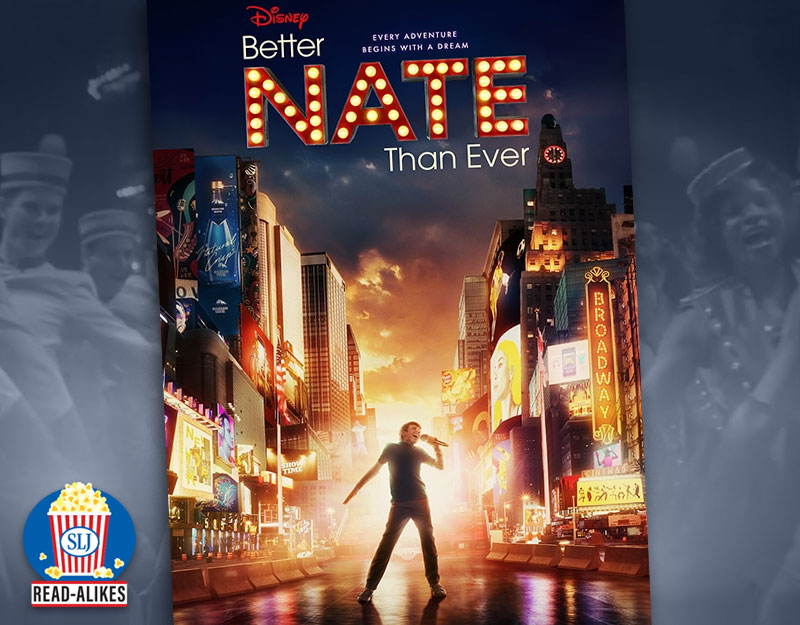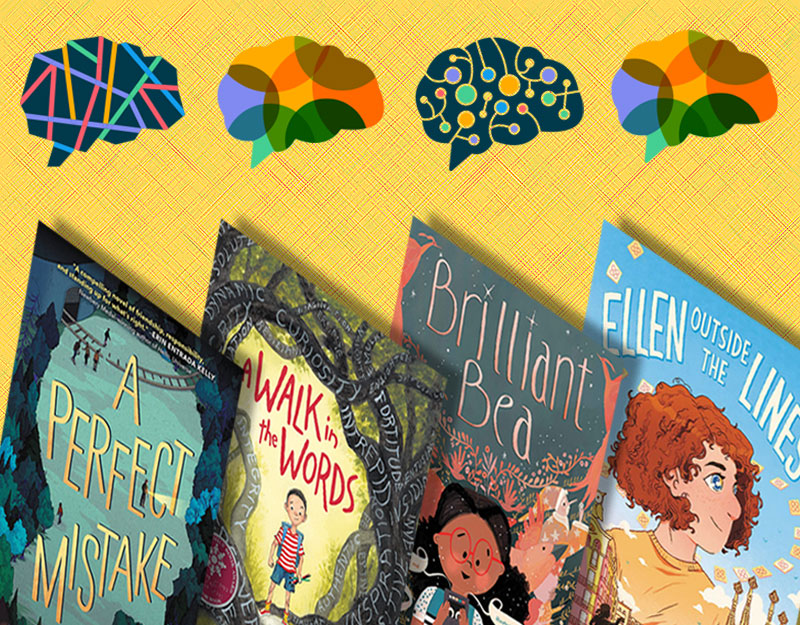The Tape Recorder, My Time Machine: a guest post by author Crissa Chappell
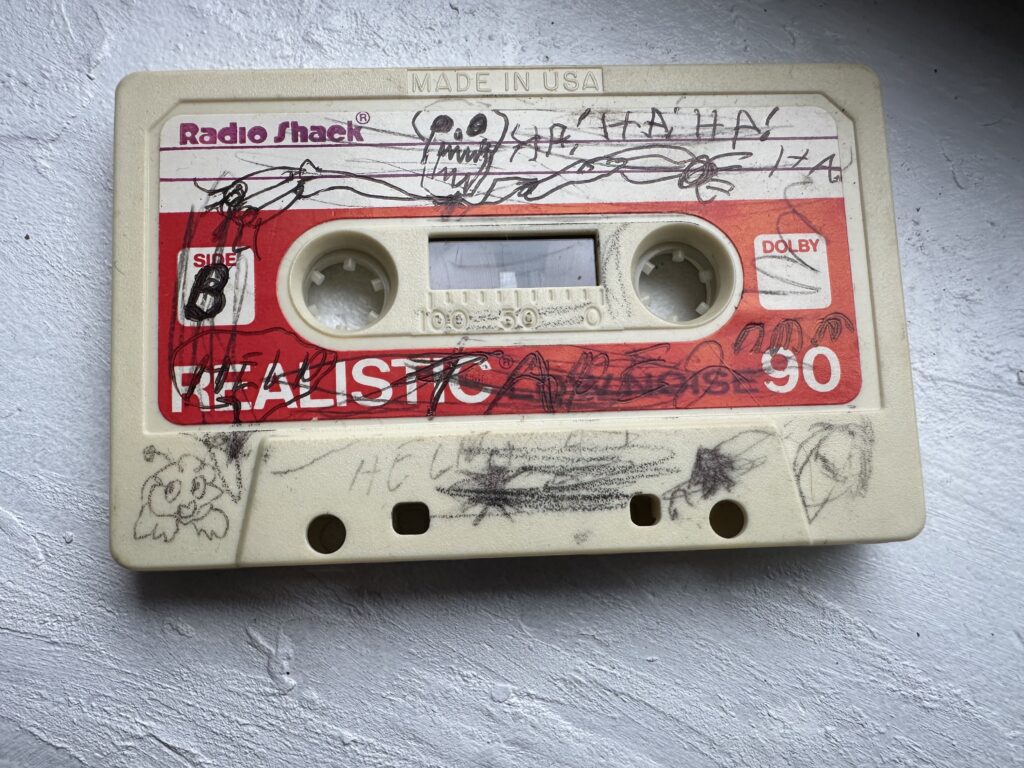
When I was little, I dreamed of making movies, but I didn’t have a camera. My dad let me borrow his dusty Panasonic with the red buttons. I’d sit at the kitchen table for hours, whispering ghost stories into the microphone. If I ran out of cassettes, Dad gave me the leftovers he’d tossed in his desk drawer (mostly tapes he ordered in the mail to help people fill out their taxes). He worked as a financial advisor and loved numbers as much as I loved words.
I dragged that old Panasonic through the backyard, searching for noises I could add to my soundtracks. Somehow the most ordinary things seemed magical. It felt like the tape recorder was teaching me how to look at things, as well as listen. Whatever I saved—the whir-click of the sprinklers tilting over the grass, an airplane’s distant hum, my mom raking palm fronds in the garden—suddenly became extra important. I could freeze the smallest moments with my tape recorder. Or travel backwards and forewords like a time machine.
ADVERTISEMENT
ADVERTISEMENT
I spliced these everyday noises into the shape of my stories. Then I added music from my boombox, cranking up Miami freestyle on Power 96. It wasn’t enough to stack the tapes in a shoebox. I wanted to trade stories with someone else. My mom came up with a solution:
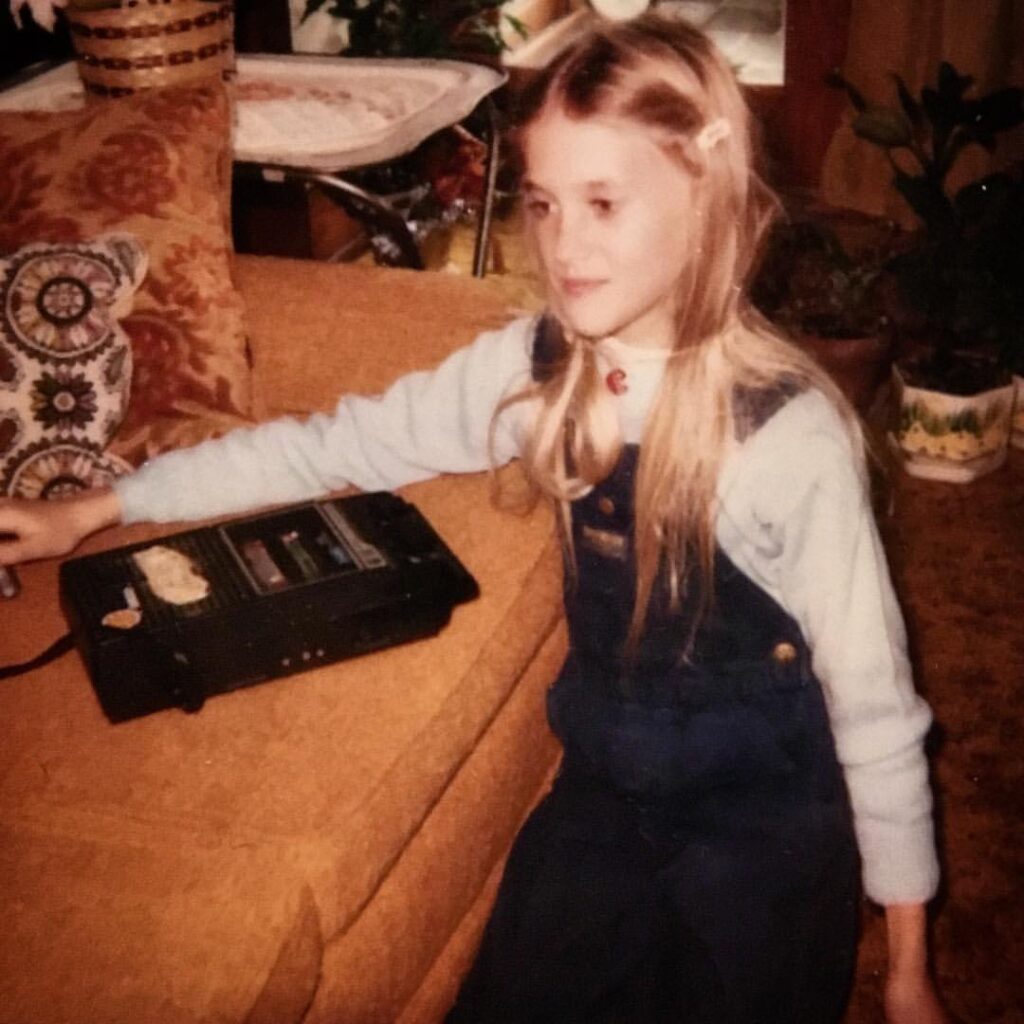
“Why don’t you write to your cousin?”
Now the tapes had shifted into letters. I was still making up stories about haunted houses, but Side B was more like a diary. I recorded my grandmother talking about the squirrels who stole seeds from her bird feeder. Dad watching the Dolphins game on TV. I recorded countless birthday parties and Christmas mornings and the in-between haze of plain old regular days. When I listen to those tapes, I often wonder how much of my life I’m actually remembering. And how much is blurred by the recording itself.
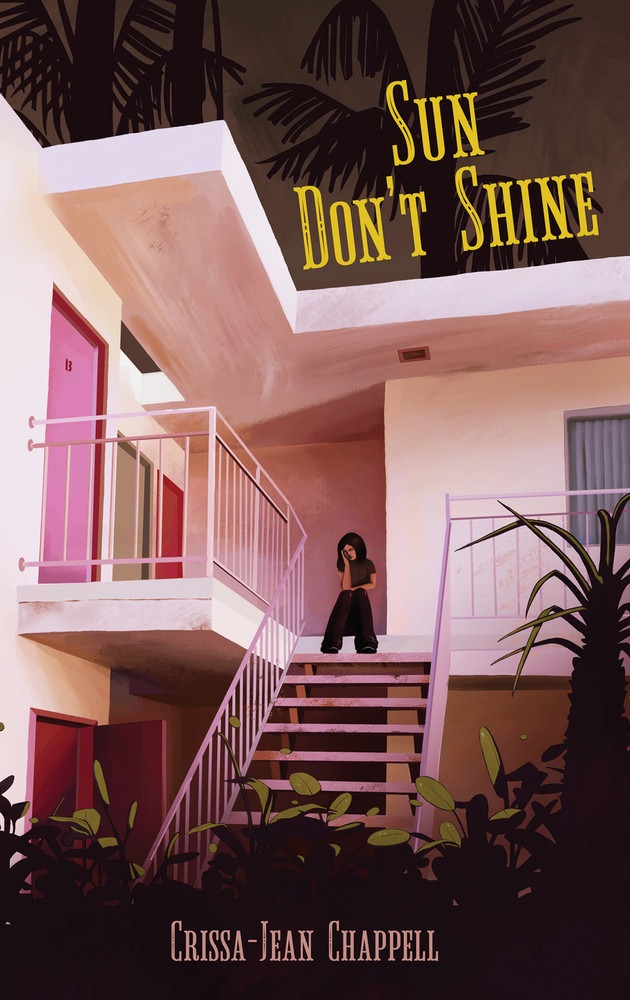
In SUN DON’T SHINE, Reece struggles to make sense of the past. She’s on the run with her father, who attempts to erase her childhood memories with his own version of the truth. It’s the storyteller who holds the most power. Reece grows stronger when she starts to trust her own voice.
Time and subjectivity are important threads in the novel. I wrote this book during a period of darkness in my life, as I was slowly losing my mom to Alzheimer’s. We were best friends and in a way, she was my diary, too. When she was gone, all the magic drained out of the world. I shoved the cassette tapes and family photos in a box and refused to look at them again. Yet the memories were still swirling inside me.
Now I’ve begun to see time—not as straight line or a tape that begins and ends—but as something much more fluid. For a long time, I tried to push away the pain of my mother’s death. Then I finally discovered that my memories are what keep her close. That’s why we should never stop telling (and re-telling) stories about the people we love. We will hear their voices hovering around us…even without a time machine.
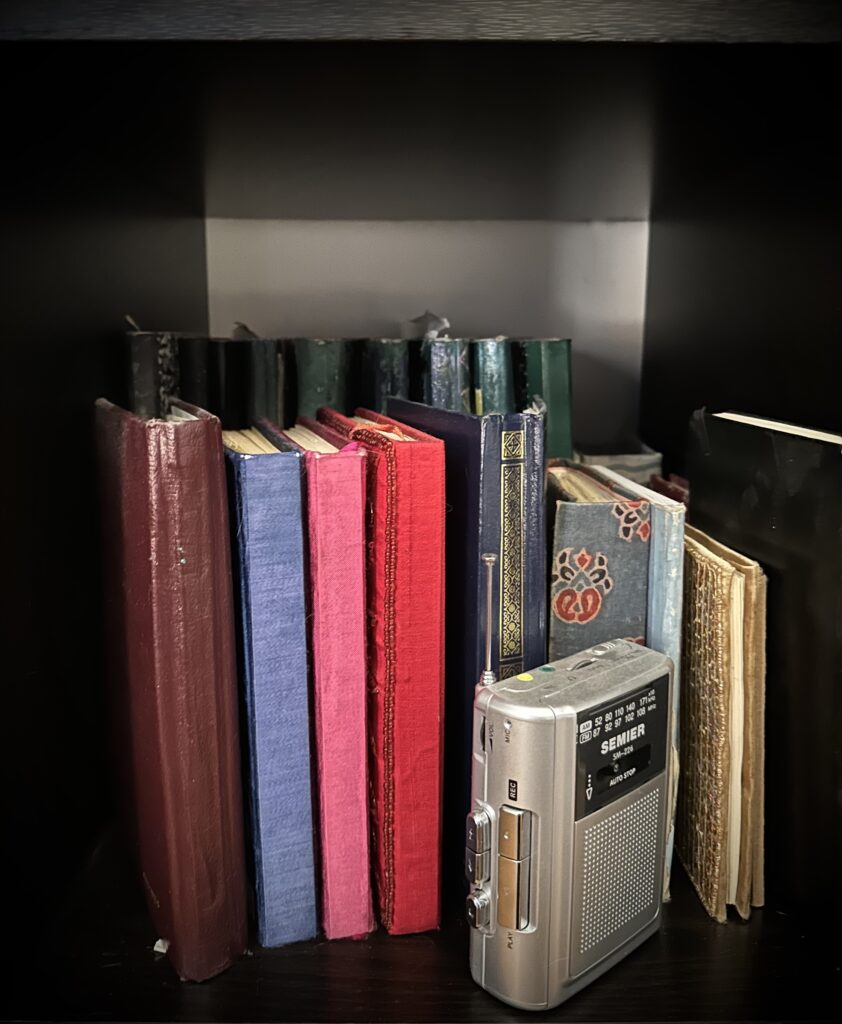
About Crissa-Jean Chappell
ADVERTISEMENT
ADVERTISEMENT
Crissa-Jean Chappell was born in Miami and now lives in Brooklyn, New York. Her debut young adult novel, TOTAL CONSTANT ORDER (HarperTeen) is a NYPL Book For The Teen Age and a VOYA Perfect Ten. Chappell’s second novel, NARC (Flux Books) is currently optioned for film. MORE THAN GOOD ENOUGH (Flux Books) is a Florida Book Awards medalist, which Kirkus calls, “compelling and emotionally nuanced.” SNOWBIRDS (Simon & Schuster Books for Young Readers). “…will keep readers on their toes…an engrossing mystery,” School Library Journal. Chappell’s newest novel is SUN DON’T SHINE (Fitzroy Books, spring 2024) “An exceptional novel with an original perspective on memory and trauma,” Foreword Reviews. She holds a PhD and MFA from the University of Miami and is a professor of creative writing at Lehman College. When she misses South Florida, she talks to the parrots in Green-Wood Cemetery. Source: https://www.crissajeanchappell.com/bio
About SUN DON’T SHINE
Sixteen-year-old Reece is an expert at keeping secrets. She has to be, since her father abducted her ten years ago. For as long as she can remember, she’s been on the run, sneaking food out of the dumpster and sleeping in the woods. Every time she moves, the same rules apply—cut your hair, change your name, and, above all, don’t let anybody get too close. Reece has no choice except to obey Dad’s orders. When Reece meets her first real friend, a boy named Shawn, she begins to realize that everyone else has secrets too. And the deadliest secret of all is the one her father has kept from her all these years.
Praise for Sun Don’t Shine
“…an exceptional novel with an original perspective on memory and trauma.”
—Foreword Reviews“Beautiful, raw, and achingly honest, Sun Don’t Shine illuminates the precarious existence and morally complex choices of sixteen-year-old Reece, her volatile father, and those living on the dark fringes of the Sunshine state.”
– Jennifer Salvato Doktorski, author of August and Everything After
“At once a lyrical coming of age story and mesmerizing thriller, Sun Don’t Shine will leave you breathless as it follows Reece, a resilient sixteen-year-old girl who’s been on the run with her volatile father ever since he abducted her ten years ago. Full of the poetry and magic of lost childhood and the pain of hard realizations, Crissa-Jean Chappell’s beautifully written novel about a teen’s desperate search for the truth will grab your heart and not let go as you race to turn the pages.”
– Emily Ross, author of Half in Love with Death
Filed under: Uncategorized
About Karen Jensen, MLS
Karen Jensen has been a Teen Services Librarian for almost 30 years. She created TLT in 2011 and is the co-editor of The Whole Library Handbook: Teen Services with Heather Booth (ALA Editions, 2014).
ADVERTISEMENT
ADVERTISEMENT
SLJ Blog Network
Name That LEGO Book Cover! (#53)
Review of the Day: Being Home by Traci Sorell, ill. Michaela Goade
Exclusive: Vol. 2 of The Weirn Books Is Coming in October | News
Fighting Public School Book Bans with the Civil Rights Act
ADVERTISEMENT



